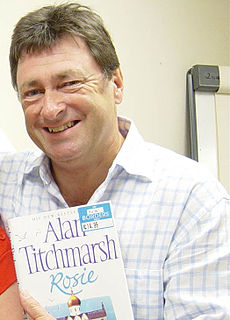A Quote by Johann Wolfgang von Goethe
A vain man can never be altogether rude. Desirous as he is of pleasing, he fashions his manners after those of others.
Related Quotes
GENTLE READER: You, sir, are an anarchist, and Miss Manners is frightened to have anything to do with you. It is true that questioning the table manners of others is rude. But to overthrow the accepted conventions of society, on the flimsy grounds that you have found them silly, inefficient and discomforting, is a dangerous step toward destroying civilization.
Wine makes a man better pleased with himself. I do not say that it makes him more pleasing to others. Sometimes it does. But the danger is, that while a man grows better pleased with himself, he may be growing less pleasing to others. Wine gives a man nothing. It neither gives him knowledge nor wit; it only animates a man, and enables him to bring out what a dread of the company has presented.
I don't like people being rude. Bad manners and arrogance make me cross. People making others feel uncomfortable. And I really don't like it in restaurants when people are rude or patronising to waiters. I feel like saying, 'They're not your slave'. But my knees only shake around once every five years. You're safe, don't worry.
Most people dislike vanity in others, whatever share they have of it themselves; but I give it fair quarter, wherever I meet with it, being persuaded that it is often productive of good to the possessor, and to others who are within his sphere of action: and therefore, in many cases, it would not be altogether absurd if a man were to thank God for his vanity among the other comforts of life.



































